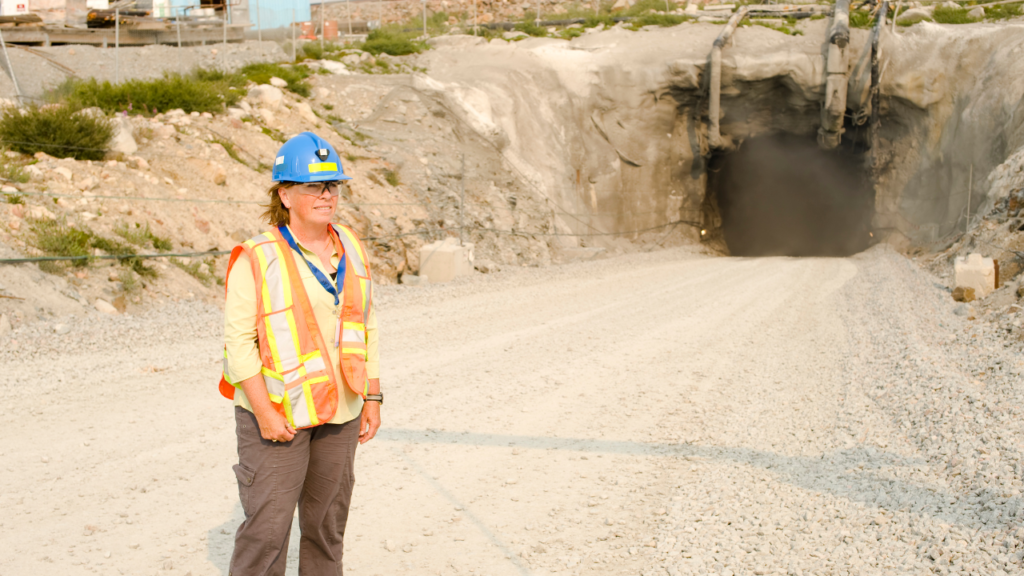
Backlog Management
Few tools are as useful to managing the maintenance workload and effectiveness as the Maintenance Backlog. In many companies today management of the maintenance backlog has been neglected. As a result they are generally drowning in their own data. A poorly managed system has a dramatic effect on the entire delivery of maintenance services.











